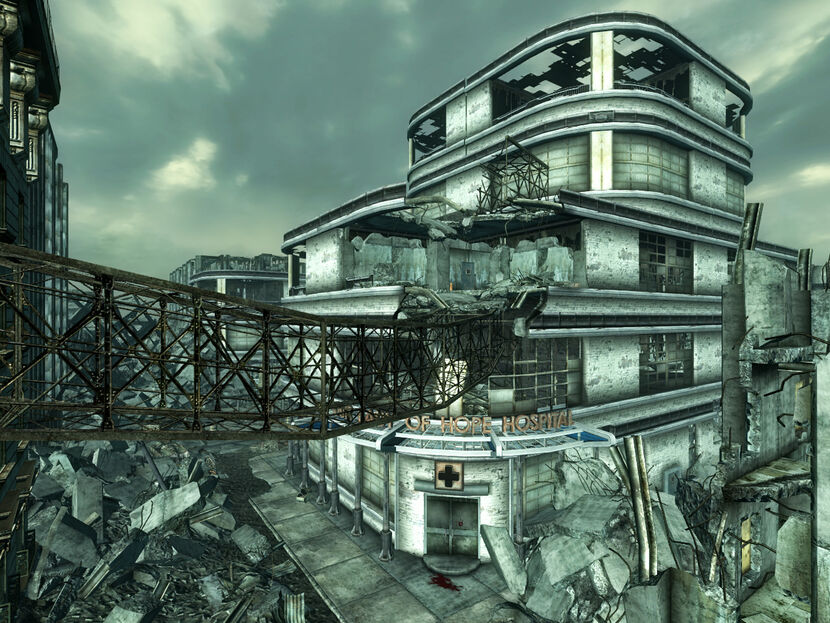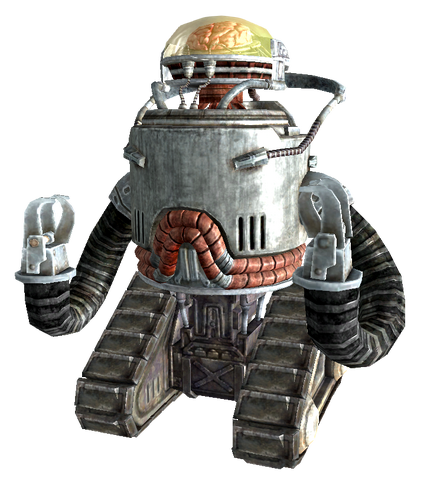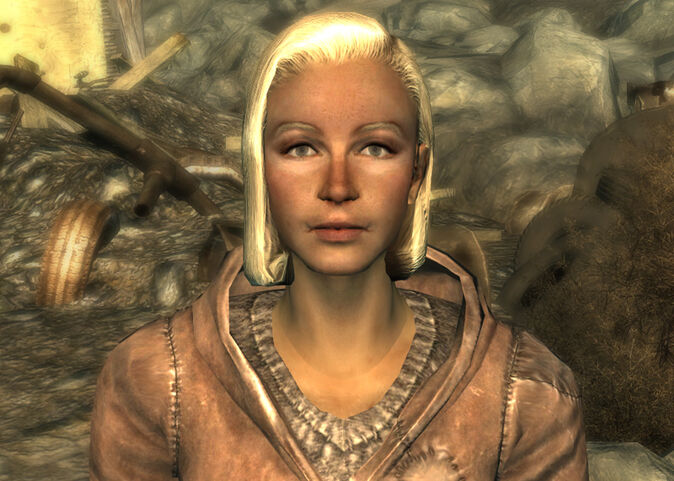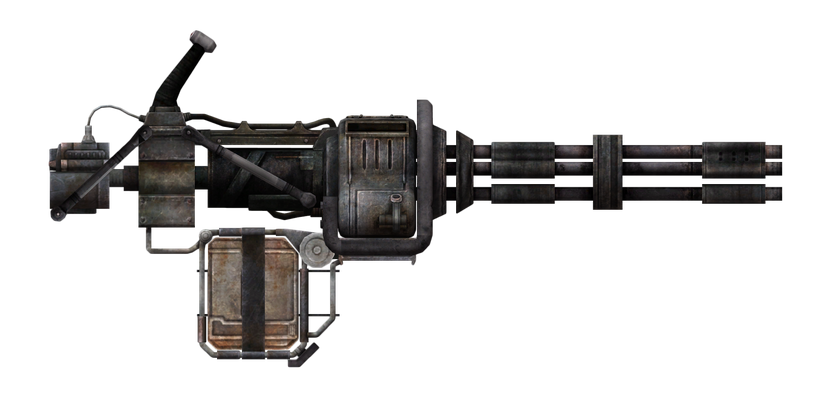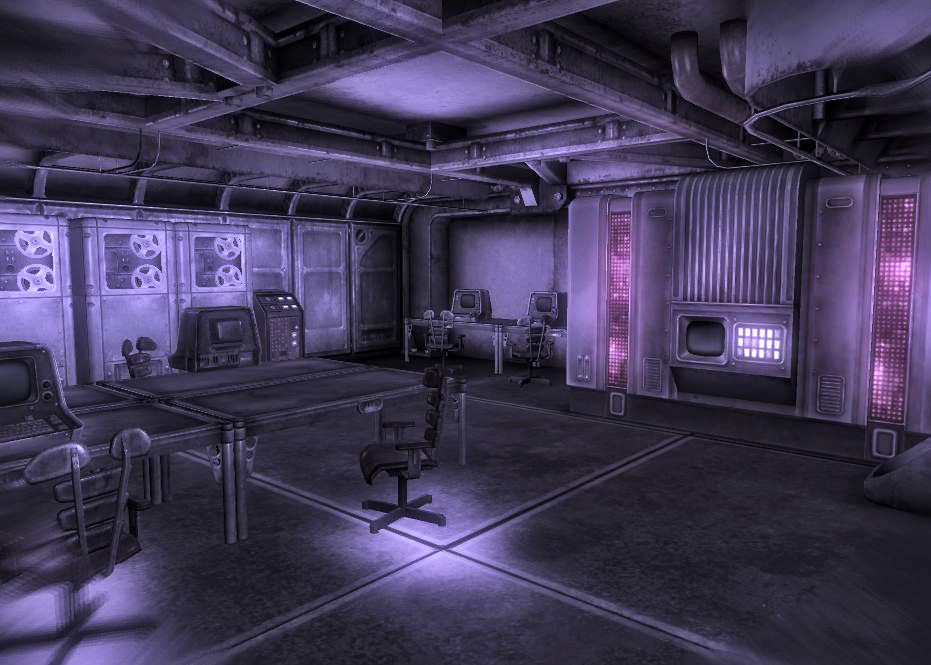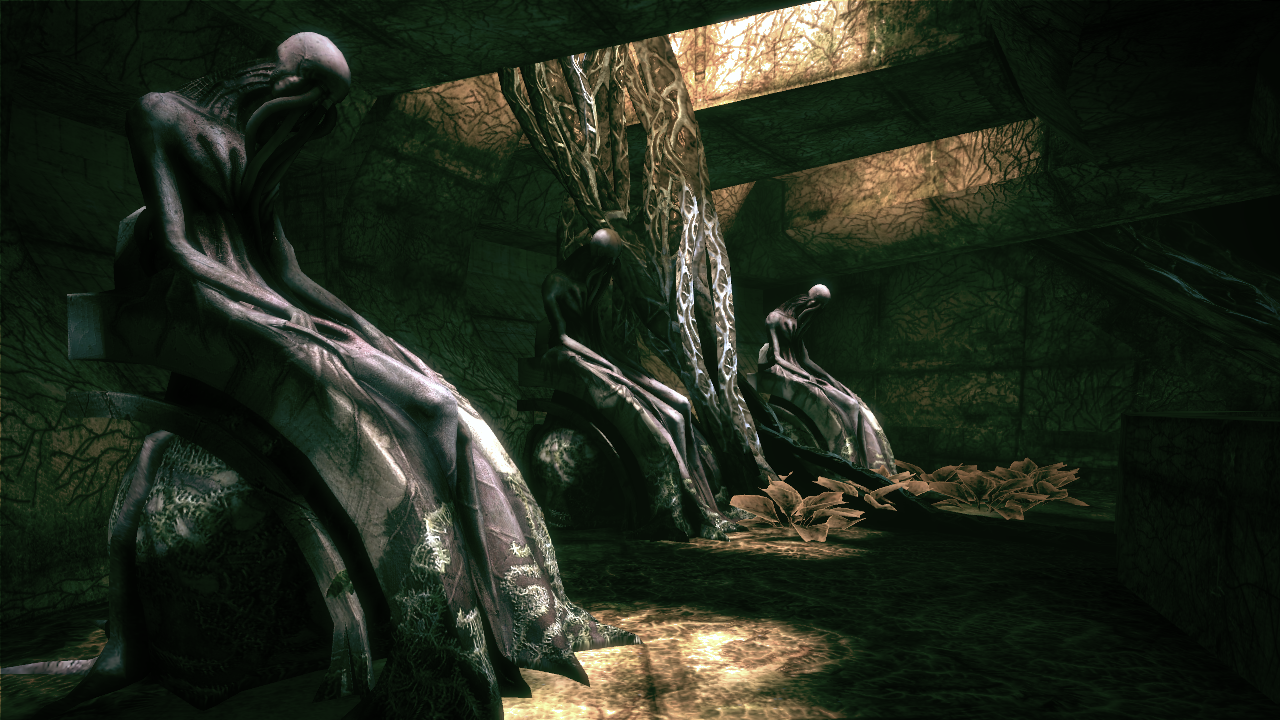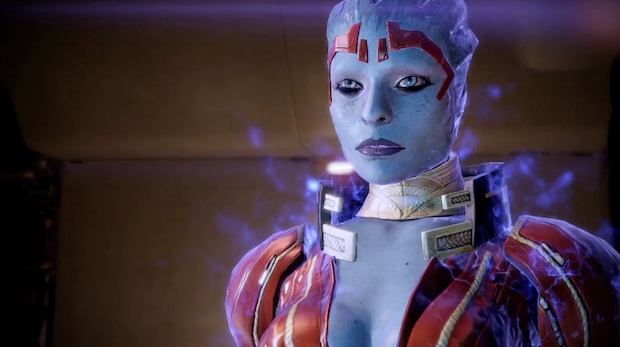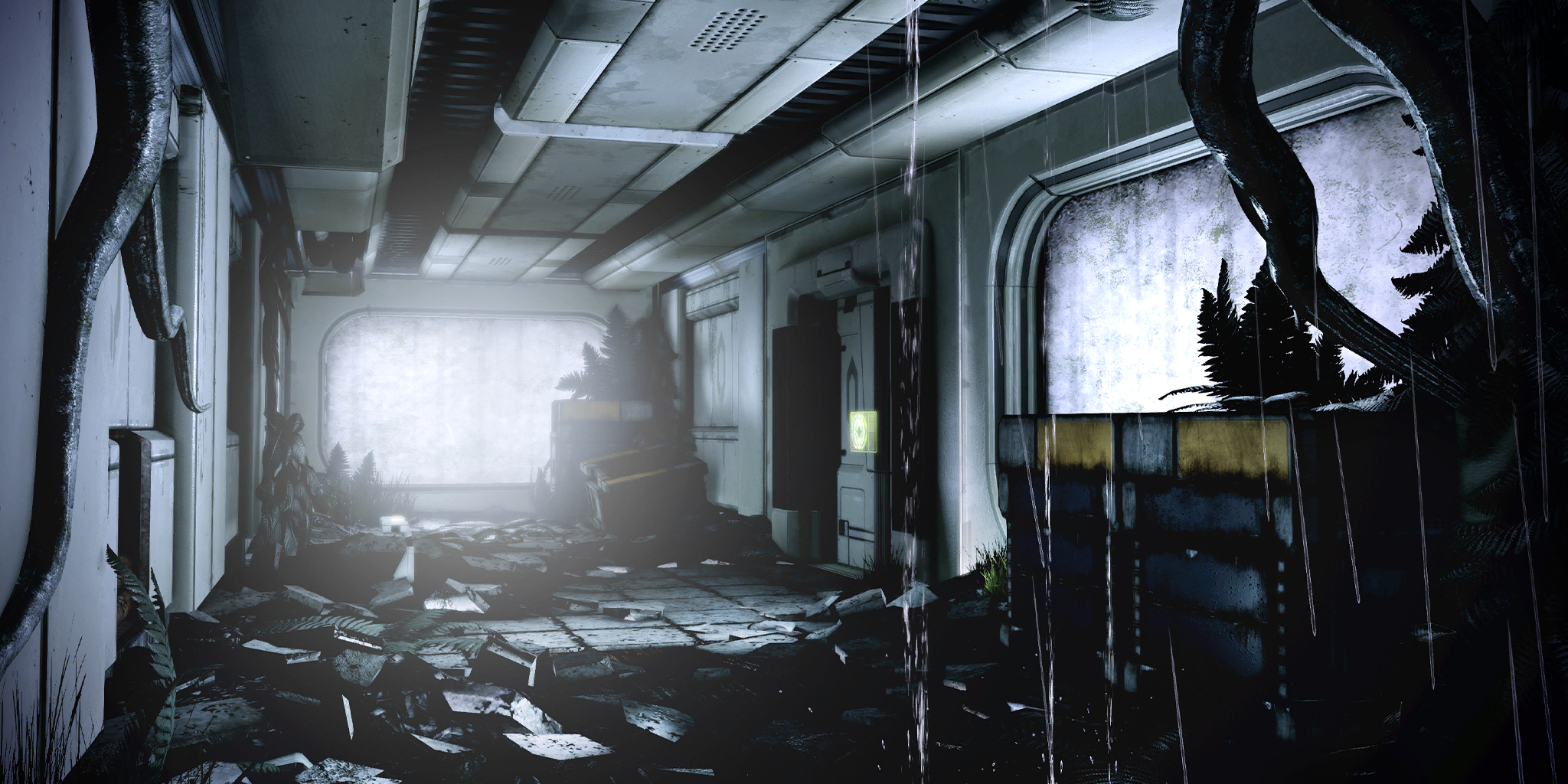And now, for something completely different. (Not really. It's quite relevant.)
Samara Loyalty
There are so many parallels between each character within the game, it's almost comical. Here, Samara reveals that the asari have a rare genetic flaw that occurs only within a line of purebloods. (How convenient that I'm watching Harry Potter while discussing this.) This flaw creates what the asari call the Ardat-Yakshi, which means "demon of the night winds". Basically, these asari are sex-crazed sociopathic killers. The condition affects their nervous systems and makes it so that when they mate with another, they take over the other's mind and essence of being, destroying their brain, killing their bodies, and sucking their soul. (So, they're kind of like Dementors.) Through this, they gain power and become more obsessive. Freaky, no? Samara's daughters are some of the few lethal breeds of Ardat-Yakshi, which can reasonably create some tension in the family. Two of the daughters have chosen to spend their lives in isolation, preventing any danger to others or themselves. The third, however, embraced the obsession. This daughter, Morinth, has been traveling the galaxy, killing with her sexual prowess and gaining a boatload of power through it. Samara's mission - which is something she's been trying to do for hundreds of years - is to find Morinth and kill her. A mother has to kill her own daughter to save lives, as part of her moral and lawful obligation. Yikes. But that's exactly what happens. (I know that there's a way to kill Samara and bring Morinth onto your squad instead, but for some reason I didn't have that option in this playthrough. Oh well.) It was extremely creepy to purposefully step into a club, catch Morinth's attention, and have her take me back to her place thinking that I was just another great catch. Thankfully, Samara was there the whole time, watching my back. Still, it was unnerving. It's kind of like those movies or TV shows where the civilian wears a wire with microphone under their shirt to catch bad guys, constantly fearing getting caught. I would never willingly sign up to be bait for a homicidal sex addict. (FemShep has balls of steel for that.) Samara not only wishes to kill her to uphold the code, but also for a surprisingly personal reason: she wants redemption. She sees herself as the guilty factor of Morinth's life choices because Samara gave birth to such a monster. The genetic mutation is directly linked to pureblood lines. It wasn't anybody's fault. Science creates natural anomalies. Technically, I myself am a scientific anomaly as an identical twin. (Weird.) It brings up an interesting psychological factor of the parental obligations to a child. To some, children will always be under the responsibility of the parent, no matter the age. Family has a particular bond for those within it. Even mafia movies can agree to that. I can't help but think of the Hulk and Frankenstein and other classical narratives that depict monsters. The correlations are obvious.
A quick quote that Samara uses in a letter to her daughters (the non-crazy ones): "Time is a weak salve for a fresh wound." Powerful statement.
Thane
I like this character. He's an interesting guy who, like Mordin, is very thoughtful and philosophical. He bears great respect for his beliefs and bases his life upon them. But to complicate this, he's an assassin, and a ridiculously skilled one at that. It certifiably resonates with me due to my history with the Assassin's Creed franchise. According to their creed (nothing is true, everything is permitted being the tagline of it), they kill only those who cause harm and destruction to the innocent and wreak havoc on society as a whole. Their targets are Templars. If they can avoid unnecessary death, they will, and if they can save the innocent, they will. After every kill, they close the target's eyes and mutter, Requiescat in pace under their lips (which means "rest in peace" in Latin, for those who are unaware), sending even those who they feel ill will toward to a better place. Thane does this as well, though the prayers are for himself. Killing is what he was literally raised to do. He does it because he's paid and told to do it. His philosophy separates the soul from the body; they are two entities acting in one form. Those who create the contract for the hit are the true killers, according to Thane. They are the killers, and Thane is simply the tool they use to do it. As he mentions in the loyalty mission (which I'll get to in a second): "If you kill a man with your gun, do you hold the gun responsible?" To give him even greater character depth, we learn right from the get-go that Thane is dying. He has a cancerous-like disease called Kepral's Syndrome. Like cancer, it is caused by the environment and has no discernible cure. This gives Thane an even greater motivation to do dangerous missions. He knows he's doomed to die in the not-so-distant future anyway, and would prefer to eliminate as many bad guys as he can to leave the galaxy a little bit brighter before he passes on. For his loyalty mission, we find another issue with family. Thane has discovered that his son is entering the assassination business, but perhaps isn't doing it well or for the right reasons. (He also lacks the intensive childhood training.) He steps in to spare his son from the life that he lives. He bears guilt for the loss of his wife, his son's mother. While he was away on business (cuz it's totally normal to have your dad be an elite assassin), enemies attacked and murdered her. She was his weakness, a force that "awakened" him, and that flame was put out when he thought things were safely taken care of. Thane doesn't have a close relationship with his son because he was away so often, and because his son is angry with him for her death. They try to work things out (I think it goes better as a Paragon character, but I can't remember right now). It's an unfortunate situation.
I jotted down a couple of things here. The first is that Thane claims that "those who are truly dangerous" don't fit the physical profile. Those who pose the greatest threat are those who do so in secret. You can even go as far as considering this on a figurative level. Technology poses a great threat, yet we all blindly rely on it. A virus strikes from within the software, destroying the work we've been so diligently working on for several hours. Evil and dangerous, yet trusted and given the benefit of the doubt. Technical images seem to be infallible, perfect, ideal, when they are actually deceptively flawed.
He has perfect recollection of memory in what he calls "solipsism". The definition of this is a philosophical theory where "only the self exists, or can be proved to exist". Deep stuff. The memory feels very real, even though it is more like a mental leap back in time. Don't mistake this as something like Source Code where Thane can go back and change it or meander about it that area of space and time. He simply recalls the memory with flawless clarity. I thought of D. J. MacHale's invention, Lifelight, where people willingly invest in sitting in a machine that lets their mind wander in a land of pure fantasy. Thane mentions that sometimes, drell (his species) get lost in their memories and continue to live in them as though it was real. (Now that bit is a little more like Source Code.) To be able to have any contact with something so seemingly perfect is a difficult temptation to ignore.
I also had to make note of that fact that Thane referenced the work of Thomas Hobbes and his theory of the social contract and what happens when government is removed from the equation (war). As someone who has studied political science and ideologies (though not extensively), I found that particularly noteworthy. Awesomesauce. Furthermore, he claims that "entropy always wins". There will always be a decline into chaos, a time for war amongst civilizations, as history constantly repeats itself.
The scenario of being trained to kill as a child reminds me of the Kony 2012 movement. And it wheels me back to free will again. And the potential for indoctrination. If they don't know any better, how are they to judge their actions as bad? They don't know it's wrong because the society they were raised in said that everything they were doing was the norm. Thane is fully aware of his actions and what he does. That separates him from this. He's very intelligent and is fully aware of it all. His beliefs are so intrinsic to who he is and why he does what he does, though. In some ways, he is also a warrior monk like Samara.
Mordin
Had to make a quick note of something he said in a dialogue scene. He recognizes that it's very difficult to fathom an entire galaxy of living beings. There are seven billion people living on Earth currently, but can you actually sit there and put a face, personality, background, and empathetic connection to every single one? No, you can't. Seven billion is just a number. To more appropriately wrap your head around it, picture a personal connection - in Mordin's case, a nephew - to find a reason to fight. Imagine that all of those seven billion people are just like your nephew, and suddenly it becomes a planet worth fighting for. Life is just a matter of perception, as the show Fringe has claimed. (Speaking of intelligence and sci-fi and everything that makes Mass Effect epic, Fringe is a phenomenal example of some of the same stuff I've discussed here in television form. Not in the same way, obviously, but it discusses advancement of science and what it could look like or how it could affect humanity. I love it.)
Liara and the Shadow Broker
To spare you from further redundancy, I will only touch on this part of the game. This is very much relatable to the Illusive Man and the idea of secrecy, money, reputation, and influence being a major power play in the galaxy. The Shadow Broker is like the long-lost brother of the Illusive Man, really. The main difference is that the Illusive Man's goal is to preserve and ascend the order of humanity. The Shadow Broker, in a narcissistic way, uses his/her power to maintain balance and order in the galaxy through the means of constant monitoring, bribery, trickery, and so forth. (This is actually a DLC I purchased, so isn't technically part of the main game, but it's kind of awesome and helps out a lot in regards to Renegade points, finances, and resources.) Liara's mission is to take down the Shadow Broker, who kidnapped her friend who had helped rescue FemShep's destroyed, dead body at some point after the intro scene where Shep gets blasted. (It's quite a revelation that Liara saved FemShep, I thought.) She'll do anything to get him back, even if it means taking down one of the most impossible characters to reach. But she does it. She's spent two years and a great deal of effort tracking him down and, with the help of FemShep's latest ally (the double-edged sword Cerberus), they locate him and take him down. The neat thing is that the Shadow Broker is a title, a mask for any creature who takes the role for his or herself. There have been many Shadow Brokers over time, but no one knows this. They all assume that the Shadow Broker is immoral, a mysterious figure that has been in power for hundreds of years. If you've ever seen The Princess Bride, you might understand this a bit better by relating the Shadow Broker to the Dread Pirate Roberts. Roberts had died long ago but secretly replaced a trusted crew member to take on the role instead. This happened several times, Wesley being included in this chain of events (and possibly the famed Inigo Montoya as well). For this reason, it's also like Batman. "As a symbol, I can be everlasting." Just as the Internet and technical images immortalize figures, phrases, etc., symbols do the same in a more primitive medium. The criminals of Gotham don't fear a man in a cape, or Bruce Wayne. They fear Batman. What makes this interesting is that Liara, after defeating the current Shadow Broker (a creepy-looking alien called a yahg, as pictured below), takes on the role of the Shadow Broker. What makes it more interesting is the way at which she does it. Her philosophy is to be a good influence on the system. Rather than base everything on corruption, she wishes to "use this power for good" and try to make the galaxy a better place with her now endless supply of resources and connections. In one quick decision, she suddenly has more control than any single being in the entire galaxy. Woah, Bessie.
 |
| Liara now controls the various connections she has throughout the galaxy and reboots the system, starting from scratch to initiate a less corrupt Shadow Broker facility. |
One other quick reference to The Princess Bride is the torture machine Liara's friend is hooked up to. The Pit of Despair, anyone? That chair is a pretty ingenious design, though, that must have taken much research and money. It connects to the victim's vitals and nervous system to sustain life, but also electrocutes with that same connection. An eternal chain of torture.
Tali and the Migrant Fleet
The connection between parent and child - creator and created - is another recurring theme of the series. With the quarians and the geth, it's still maker and creation but on a synthetic level. Is it slaves overthrowing their masters, or children rebelling against their parents? The geth kicked the quarians off of their homeworld some time ago when they essentially went on strike to have free will. (ME3 goes into this and fleshes it out in a great way. I can't wait to experience it for myself.) The technological robots who were supposed to be devoid of personal thought seized the day and did what any lower, controlled race would: they rebelled. The twist is that they're tech. Because of that, we all assume that they're evil beasts trying to take over the world, but are they really? (Skip to the Legion section for more on this.)
Recruiting Tali means battling through a giant field of geth. Not so fun. They're everywhere, constantly firing everything they have at you. Her purpose for being on this ridiculous planet is to study a dying sun (being in any direct sunlight attacks your body and would kill you were it not for the armor and shields protecting you). She believes that dark energy is involved - a seriously foreboding notion, since the only known connection to dark energy in this game universe is the Reapers.
 |
| You never see a quarian out of their suits or without those helmet mask things on. What lies behind it all? |
I noted that actions speak loudly, as does precedence. FemShep argues on Tali's behalf that she helped save the entire galaxy from the Reapers two years ago, a proven fact that stands to her name, and that it can't be ignored or pushed aside. She put her life in jeopardy for all galactic life and would do nothing to harm her own civilization. This happens as either a Renegade or Paragon Shepard, though the manner at which the argument is given certainly changes. (I basically yelled at and scolded the judges.)
After some thought, I'm beginning to think that the quarian race isn't purely organic. The suits they wear are high-tech and very different from anything else in the game. The quarians are easily susceptible to disease, which makes me think they're a more interesting species than some give them credit for. Perhaps they're like the Reapers - a combination of synthetic and organic life. I hope to learn more about them.
Legion
I had to stop playing right after I brought Legion on board, so I didn't actually have the time to converse with his character. Pity, since speaking to him was something I found great interest in. Since I didn't play the section with him in it, I'll at least provide the clips of cutscenes for his character. Very interesting to watch. Technology at a peak of advancement. Cool. Inspiring. Dangerous.
The bottom line is that he represents a form of technology that can actually converse on its own, an AI that acts according to its own functioning. While it is still based on processors, wiring, and data, it has assimilated itself over time to create its own thoughts. There is no individual personality for each geth, but there is a personality and belief system for all geth as a whole. I'm genuinely mind-blown by this.
And So It Goes...
The ending of the game doesn't really give me much to talk about that I haven't already mentioned. (Well, there is a bit I could talk about, but it's more about ME3 than ME2 so I'm refraining.) The team gathers resources and such to be able to travel through the Omega 4 relay (ol' reliable Normandy). A creepy human-like version of a Reaper is being created by the Collectors, which is the reason for the huge amount of abductions of humans. FemShep and crew destroy the entire base of the Collectors, including the freaky human Reaper baby. As a Renegade, FemShep saves the data to provide to Cerberus for investigation and study; as a Paragon, FemShep would have destroyed it with everything else. Oh, and Cerberus is strongly hinted to have turned on you after you did your job - namely, the Illusive Man suggests this. No big surprise there, after everyone except Miranda in this game is warning you not to trust Cerberus and that they'll turn their back on you the moment you're no longer useful. This ending serves as a bridge to the final installment in the trilogy. The Collectors may be destroyed, but the Reapers are coming nevertheless, and they've set their gaze on Earth. Dun dun duuuuuuh!
 |
| Creepy human-looking Reaper baby. So glad that thing gets destroyed. |
Gaming Segment (14+ Hours)
I didn't do all of this in one day. I could, of course, but not during college courses. I combined a few gaming segments together for the sake of completion. (4 + 3 + 2 + 4.5 + 1 = about 14.)
I'm a bit bummed that I didn't have the time to actually complete the game, but I'm also not. The ending is extremely frustrating, but not because the game is bad. It's frustrating because it's hard, which makes it a game worth playing. It also makes it time-consuming, which is something I couldn't afford to do when I had to study like mad for finals week. Thankfully, I know how it ends and the Internet is a useful resource to set things straight. If you're ever confused about anything I posted or simply want to know more about Mass Effect, the Internet is your friend. Check out the Mass Effect wiki for loads of details on it. I will likely play this game again, and maybe even as a Renegade, now that I know what it's like and what it takes. It isn't about being evil - it's about being logical to the point of putting the facts ahead of emotion.
And that's my final post. I hope you were able to take something away from this. I enjoyed it, and not just because I got to play a video game (although that's certainly nothing to complain about). I had already wanted to study the Mass Effect series, believe it or not, and this was the perfect opportunity. I'm pleased with the result. I've taken so much away from it. I don't think I'll ever look at a video game the same way again. As I go off for my much-needed vacation this weekend, I will likely continue my gaming with Skyrim or Assassin's Creed: Revelations, but I'll consider them differently than before. (You may think I'm just saying that, but I really will think about my games with a critical eye.) Thanks for reading! Feel free to post comments, and do refer to the video walkthrough on the right side of the page, if you get the chance. I may even continue this after the fact, just cuz I can.
Happy gaming!
~Mel


